In Brief: Top Quotes from THRIVING LEADERS SERIES | Session 3
In our third session of the Thriving Leaders Series, four industry experts weighed in on the topic of ‘The Rise of ESG and how it Affects Organisational Responsibilities’. They include
Daniel O’Connor, Chief People Officer, ALBA Group Asia
Dirk Visser, Senior Lecturer at Monash Sustainable Development Institute
Michele Lemmens, Head of Business Sustainability & Chief Technology Officer, Tata Consultancy Services
Steven Okun, Founder and CEO of APAC Advisors and a Senior Advisor to McLarty Associates
Moderator Glenn van Zutphen, Founder, CEO of VanMedia Group Pte Ltd
Here are some key highlights from the session.
Steve on why ESG is money-making:
ESG is about helping a business make money. And if you’re not putting it in that context, then it’s not a core part of the business. Having an ESG mindset better helps a business’ bottom line. To start, ESG is actually very simple. “Every business can cause harm. What is the way our business can cause harm - if you’re in manufacturing, you might be harming the environment, if you are in services, you might not be protecting your customer data. You figure out your material ESG factors, and then, from a risk perspective, determine how to eliminate or reduce that risk. Alternatively, there are ways business can bring a benefit to society, such as reducing harm and saving your company money at the same time, such as through emissions reductions. Operationalizing ESG is the hard part.
Michele on ESG business models:
“Indeed, the role of business is to make money, but the accepted models that we’ve used in the past are not the models of the future if we want to ensure that there is enough, for all, for ever. We need to be multi-stakeholder focused and look at more than short term profit. We’re looking for a triple bottom line, longer-term decision making and reducing the negative impact of a business on the people and planet. I wanted to emphasise that we need to do business differently and rethink our business models.”
Dirk on what companies need to do next:
“Three key things companies need are ambition, authenticity and alignment. Ambitiousness in their ESG strategy is what’s going to unlock value and innovation. When it comes to authenticity, they really need to put it at the core of their business rather than see it as a peripheral issue. As for alignment, businesses really need to align their overall strategy to the changing context, which will then inform their hiring practices, remuneration, procurement policies, etc.”
Daniel on the long-term vs short-term:
“Organizations need to make profit if not they can’t sustain themselves and therefore can’t make any positive impact at all. But there are other macro trends at play, like changing stakeholder mindsets. Millennials are more sustainably conscious than any other generation and that’s forcing businesses to rethink things. If companies don’t adopt a mindset of putting all stakeholders first, and not just the shareholder, then the shareholders will lose out themselves as well. Sometimes that requires short term sacrifice, it requires broader thinking in terms of how the business might fit into the broader ecosystem and put more emphasis, resources and even investment on the things we rely on to thrive and exist. That might not always help over the short-term profit but over the long-term it will.”

